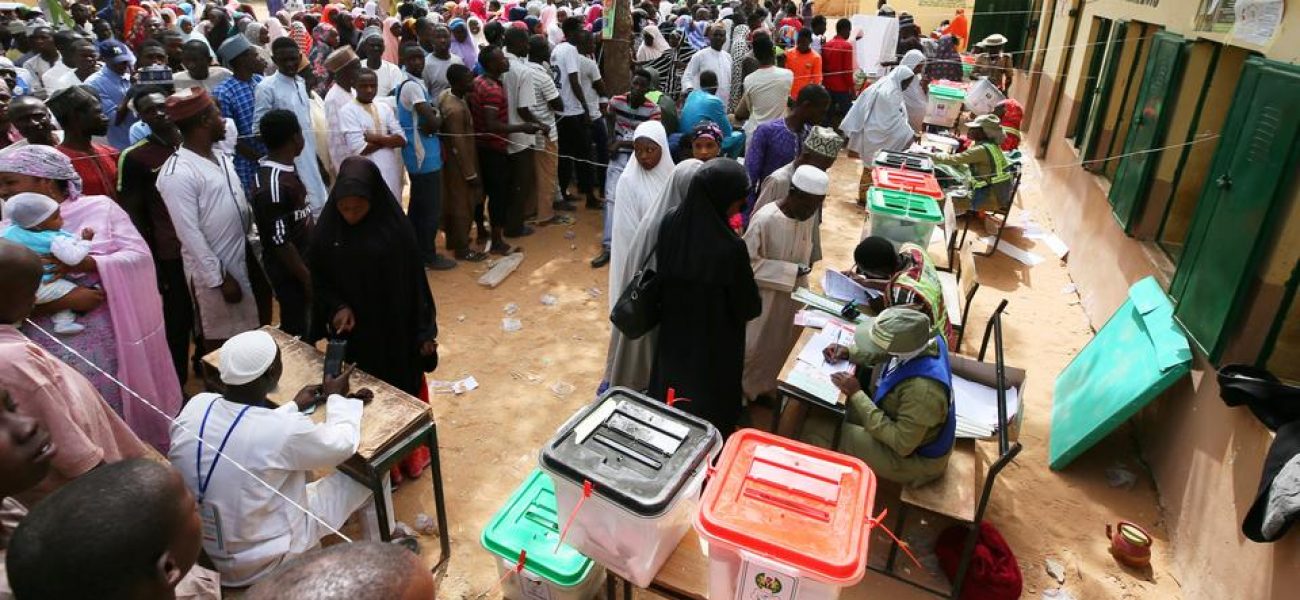The National Assembly resumed from its long summer recess this week, with critical focus on the Electoral Bill 2021. The Senate and House of Representatives had passed the bill with some differences. The differences include a key provision regarding the conduct of elections by the Independent National Electoral Commission (INEC). While the Senate required INEC to seek the Nigerian Communications Commission (NCC) and the National Assembly’s approval regarding electronic transmission of results, the House of Representatives left the entire issue of conduct of election, including method of transmission of results, to the discretion of INEC. Under their rules, both chambers of the National Assembly are expected to nominate equal numbers into the harmonisation committee, to resolve the differences in their respective versions. The Senate version of the bill has been criticised for its unconstitutionality. Critics have questioned the legal basis for subjecting INEC’s independence and procedure to approval by a government agency or even the National Assembly, as this violates the provisions of the Constitution that stipulates that INEC shall not be subject to the control or directive of any person or authority.
INEC on its part, reiterated that it has the capacity and will to deepen the use of technology in the electoral process. Several election stakeholders have continually canvassed for improved use of technology in elections, to keep the human factor at the barest minimum, in a bid to achieve credible and transparent elections. It is in furtherance of this that INEC went ahead to launch an all-in-one device for elections, to replace the Smart Card Reader (SCR). The device, the INEC Voter Enrolment Device (IVED), deployed for the on-going Continuous Voter Registration (CVR) exercise, will also be used for voter authentication and accreditation in elections and known in that capacity as the Bi-Modal Voter Accreditation System (BVAS). The same machine will also be used to take pictures of polling unit results and upload same to the INEC Result Viewing (I-ReV) portal, thereby replacing the Z-pad. The introduction of this new technology is indicative of INEC’s commitment to improve the electoral process. It is important that the necessary legal framework be put in place to allow the Electoral Commission the leeway it requires to conduct elections.
There are other provisions in the bill that require scrutiny. These include the provisions on the method of nomination of candidates by political parties. While the Senate’s provision on the nomination of candidates is well crafted in the relevant clause, the House version jumbles up the use of direct and indirect primaries in a less elegant manner.

